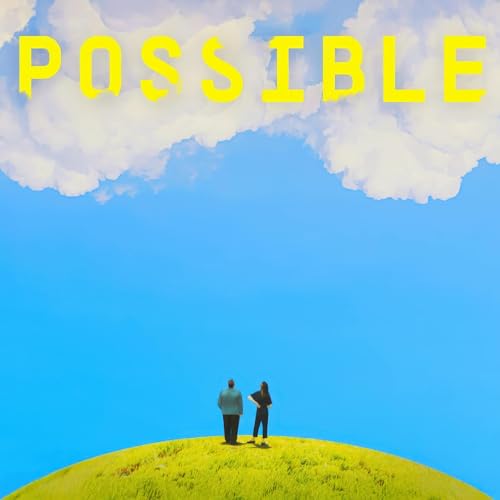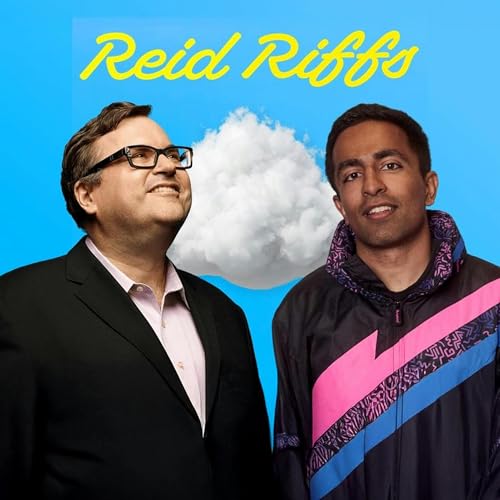On this episode of Possible, Reid Hoffman and Aria Finger sit down with Amjad Masad, founder and CEO of Replit, to explore how AI is fundamentally changing who gets to build software and what that means for work, creativity, and human agency. Masad traces his journey from growing up in Jordan teaching himself to code and connects it to his love of video games which helped inspire him to build a platform that turns natural language into working software. The conversation spans everything from why gaming mindsets make better builders, to how CEOs are rediscovering hands-on creation, to why “vibe coding” is the next form of literacy and why computational thinking is more important than syntax mastery. The conversation also digs into the future of AI agents, long-running autonomous workflows, and what it means to design environments for machines rather than humans. They also confront harder questions about jobs, fear, regulation, and society’s responsibility during a cognitive industrial revolution. The episode ultimately reframes AI not as a replacement for human creativity, but as a force that can return people to a more entrepreneurial, expressive, and meaningful way of life. For more info on the podcast and transcripts of all the episodes, visit https://www.possible.fm/podcast/ 01:45 – Introductions and Amjad’s background 02:07 – Growing up in Jordan, video games, and learning to build 06:19 – How gaming culture shaped Replit’s product philosophy 09:55 – Designing Replit around safety, reversibility, and exploration 13:24 – Defining vibe coding and where the term came from 15:55 – The new literacy: computational thinking and soft skills 22:09 – Getting past the blank page and learning by making 25:06 – Entrepreneurs, solopreneurs, and who Replit empowers 30:48 – Designing environments for AI agents and durable businesses 35:55 – Open source, abstraction, and “cathedrals built from bazaars” 38:25 – The future of corporate work and creative ownership 48:29 – Fear, skepticism, and cultural responsibility around AI 54:13 – Jobs, disruption, and becoming AI-native in a changing economy 01:11:12 – Rapid Fire Questions
Show More
Show Less
 49 mins
49 mins 35 mins
35 mins 40 mins
40 mins 45 mins
45 mins 1 hr and 19 mins
1 hr and 19 mins 1 hr and 8 mins
1 hr and 8 mins 59 mins
59 mins 32 mins
32 mins
